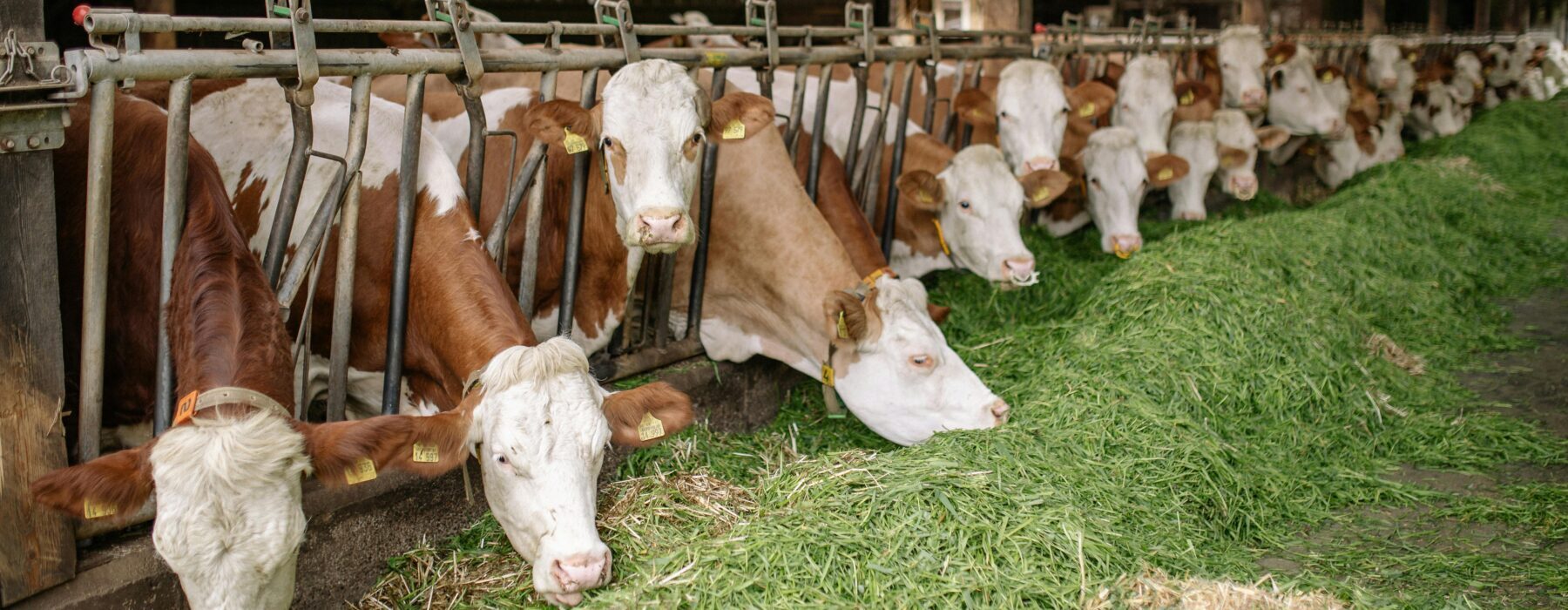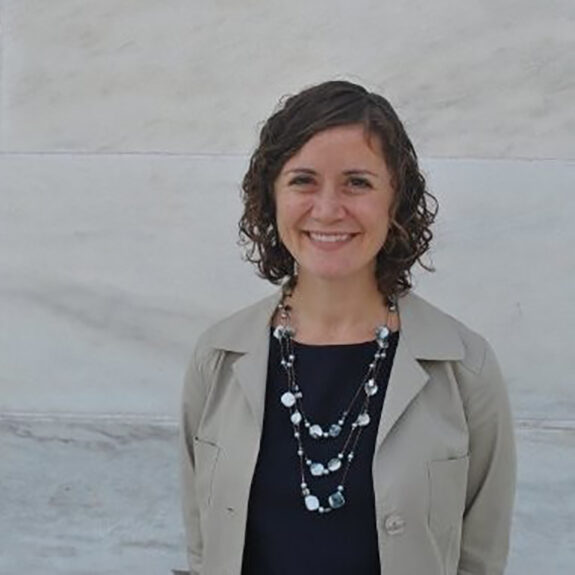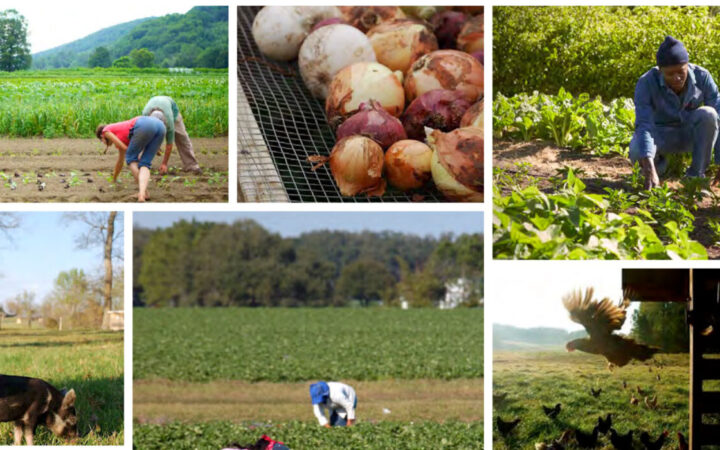This report analyzes cases placed through the Legal Food Hub and the use of an online resource library to document and analyze recurring legal issues in order to relate these regional trends to national findings.
Introduction
Few sources of information identify the most common legal issues food system stakeholders face or address how attorneys can best serve food system stakeholders. Most data collection and analysis focus on farmers and either have limited response rates or are based on speculation that is nearly fifteen years old. Nonetheless, these resources conclude attorneys need to gain legal skills that support farm and food operations, including land transition, entity formation, and how to manage liabilities with insurance. Despite recognizing this need, significant barriers to meeting farmers’ legal needs persist. Namely, many farmers distrust lawyers or are unable to pay for legal services. Food entrepreneurs’ and food system organizations’ legal needs are not as well documented, but their access may also suffer due to a shortage of rural lawyers. This gap in knowledge, understanding, and access to legal services poses a significant threat to the growth and viability of local and regional food systems given the prevalence of legal issues affecting food system stakeholders.
As a means of filling these information gaps, the Legal Food Hub has gathered data in the New England region to identify common legal issues facing farm and food stakeholders. The Legal Food Hub connects farmers, food entrepreneurs, and food system organizations with free legal services from a participating network of attorneys with expertise in legal practice areas affecting these groups. Conservation Law Foundation created the program to bridge the legal and farming communities by providing attorneys with resources and training to help tailor their expertise in practice areas such as real estate, business entity formation, and contracts to the unique legal needs and circumstances of food and farm businesses. Simultaneously, the program increases access to legal services and education for underserved farmers and food entrepreneurs. Currently, legal food hubs exist in Connecticut, Maine, Massachusetts, Rhode Island, and Vermont.
Across the United States, organizations like Farm Commons, the National Agricultural Law Center (NALC), and Farmers’ Legal Action Group (FLAG) seek to educate farmers, attorneys, and other food system stakeholders on legal issues related to the food system. Farm Commons has been operating since 2012 and serves as an educational resource for farmers and on-farm businesses, producing legal guides and other educational resources on topics such as entity formation, insurance, and land matters. FLAG has been in operation since the 1980s farm crisis and focuses on assisting farmers with access to land, disaster aid, and other related legal topics. In addition to focusing on farmers, NALC develops resources with lawmakers, attorneys, and academics in mind. The work done by these groups affirms many of the trends documented by Legal Food Hub data, namely the high demand among the farming community for legal services related to entity formation, real estate, and contracts. However, the Legal Food Hub focuses broadly on a range of food system stakeholders, from farmers to food businesses to the organizations that support them, and is unique in its ability to meet local needs while identifying and responding to regional and national issues through generally applicable educational resources and trainings.
In addition to connecting food and farm stakeholders with volunteer attorneys, the Hub also develops written resource guides and offers trainings for food system stakeholders, all of which are available through a free, online resource library. These resources aim to provide food system stakeholders with access to legal educational materials addressing issues including how to select the right legal entity or how to access COVID-19 relief funds. The Hub also develops resources and trainings for attorneys, providing context and nuance to expand on their expertise and inform their work with food and farm clients. In turn, this helps support a deeper knowledge base for this growing legal sector. The provision of direct legal services coupled with educational programming enables the Hub to identify the most common and systemic legal issues arising in the food and farm sector.
This report analyzes cases placed through the Hub and use of its online resource library to document recurring legal issues and to relate these regional trends to national findings. Based on this analysis, the report identifies needs for additional legal support. First, the report considers data related to clients placed with attorneys in the Hub’s pro bono network to identify trends in the legal assistance participants seek. This section analyzes both who is seeking out legal services, considering participant category—farmer, food entrepreneur, or food system organization—and demographics, and discusses common legal issues. Next, the report considers use of the Hub’s resource library, comparing the use of different resources to the legal services sought by the Hub participants to identify trends and gaps in popular and useful educational resources. The report concludes with a set of recommended actions designed to help meet the legal needs of food and farm stakeholders and contribute to the growth and long-term viability of the New England food system and beyond.
Acknowledgements
This report was produced by the Center for Agriculture and Food Systems at Vermont Law School. CAFS thanks the following for their significant input, editing, and production support: Laurie Beyranevand, Lihlani Nelson, Whitney Shields, and Claire Child. We have great appreciation for our partnership with Conservation Law Foundation in operating the Vermont Legal Food Hub, and thank Sara Dewey and Mary Lovell Egan in particular for their support and insights. This project is made possible with funding from the National Agricultural Library, Agricultural Research Service, US Department of Agriculture.
Suggested Citation
Legal Trends for Farm and Food Operations in the New England Region, Vt. L. & Grad. Sch. Ctr. for Agric. and Food Sys., https://www.vermontlaw.edu/sites/default/files/2021-05/FINAL_Trends%20Report.pdf (last visited June 1, 2024).




